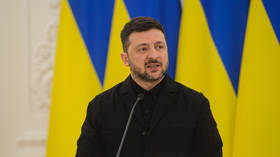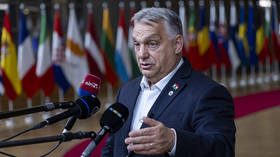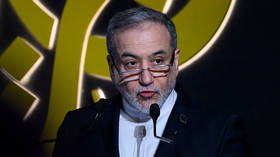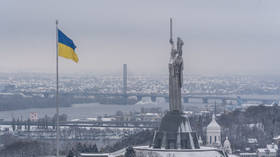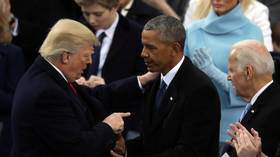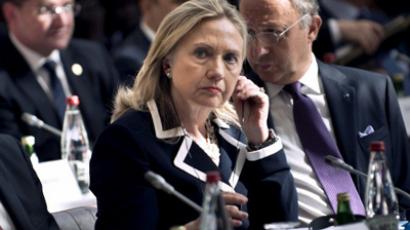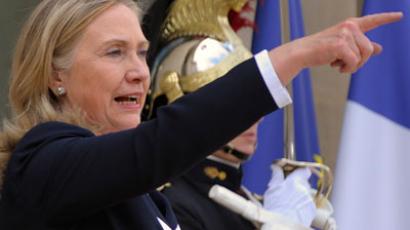'Washington backed jihadist elements in Kosovo, now in Syria'
The Western media's coverage of the Syrian conflict has drawn comparisons to how it covered conflicts in the past, most notably the series of brutal wars that accompanied the disintegration of Yugoslavia in the 1990s.
James Jatras, the director of the American Council on Kosovo, believes the similarities between the two conflicts run deep. “There are similarities on three crucial levels when we look at Syria,” Jatras told RT. “One has to do with the international system, the rule of law, the role of the Security Council. Another has to do with the status of sovereign states, and how you treat a sovereign state that has an insurgency within its borders.”The third level involves taking a complex situation involving atrocities and violence committed on both sides of the conflict, and attributing them only to one side. “What you do is come up with a concept, and you fit the facts into the concept. You don’t take a step back in good faith, look at what’s really going on, look at the suffering of people on both sides,” Jatras noted. Jatras believes that the West has essentially been pouring gasoline on a smoldering fire, using words like “genocide,” and only wants victory for one side and utter destruction for the other. He also took note of the similar fates of the Christian population in both the Kosovo and the Syrian conflict. “Why is it that in the name of fighting terrorism and promoting democracy, the United States always seems to find itself on the side of jihadist elements engaging in terrorism with predictable results for the Christian population, as we saw in Kosovo when half of the Orthodox Serb population had to flee the province, and thousands of them were killed by the ‘liberators,’ – the Kosovo Liberation Army?"Jatras told RT that there are several reasons why the United States may be willing to support Islamic fundamentalists. Most importantly, it is America’s cozy relationship with Saudi Arabia and the Gulf States, and hence its desire to show it has its friends' backs when it comes to facilitating an environment for international commerce.




